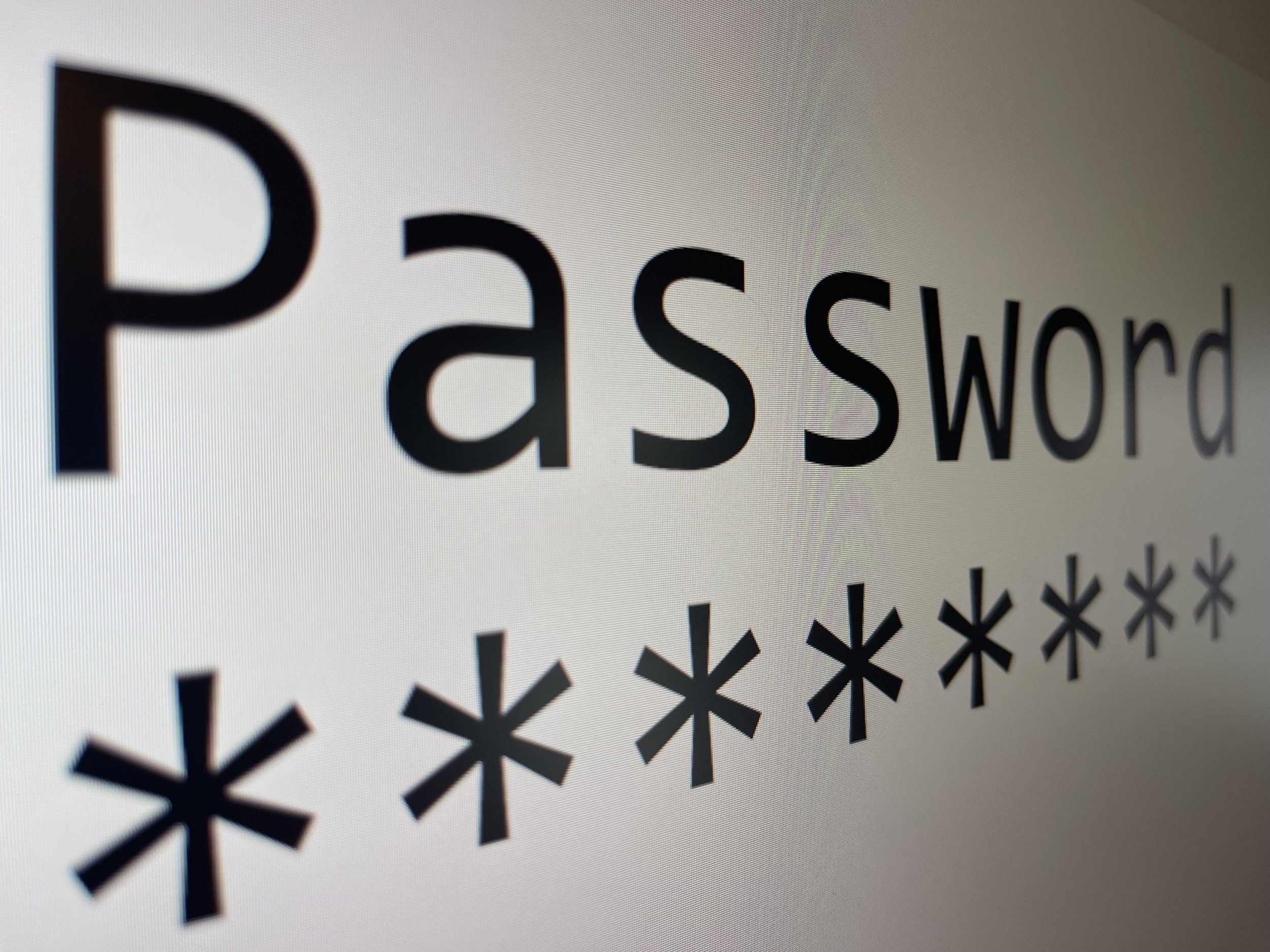Rethinking Password Security: Insights and Strategies for Enhanced Online Protection
In today's digital age, safeguarding our online presence is paramount. The traditional wisdom surrounding password security—while foundational—has evolved, revealing gaps and misconceptions in how we protect our digital identities. As we navigate an ever-expanding digital landscape, the strategies for maintaining secure online accounts need to be revisited and updated.
The Misconception of Password Simplicity and the Power of Password Managers
The convenience of using simple, memorable passwords for multiple accounts is a significant vulnerability. This common practice opens a Pandora's box of security risks, potentially leading to compromised accounts and identity theft. Instead, adopting a password manager marks a critical step toward robust online security. These tools not only store passwords securely but also generate complex, unique passwords for each account, eliminating the need for repetition and simplifying the management of your digital keys.
Modern browsers have seamlessly integrated password managers, offering to save and autofill your login details securely. This feature not only streamlines your online activity but also enhances security by encouraging the use of distinct passwords for every site and service.
Crafting Unbreakable Passwords
Strong passwords are your first defense against unauthorized access. A robust password incorporates a mix of at least 12 characters, including uppercase and lowercase letters, numbers, and symbols. It avoids predictable patterns, such as personal information, that are easily accessible to determined hackers. With today's computing power, passwords shorter than 12 characters can be cracked in under a day. Utilizing a password manager to generate and remember complex passwords allows you to focus on security rather than memorability.
The Cardinal Rule: Never Recycle Passwords
One of the most critical principles in password security is the prohibition against reusing passwords. A single breach can expose multiple accounts if the same password is used across them. This vulnerability can lead to extensive identity theft, affecting your email, financial accounts, and online shopping platforms. Unique passwords for each account mitigate this risk, securing your digital footprint against widespread unauthorized access.
Monitoring for Breaches: Proactive Security Measures
Staying informed about potential data breaches that involve your information is essential. Browsers like Chrome, Edge, Safari, and Firefox now offer services that alert you if your saved passwords match those found in known data leaks. However, taking proactive steps by utilizing third-party services, such as Have I Been Pwned, can offer additional peace of mind. This resource checks your details against a vast database of breaches, helping you stay one step ahead in securing your accounts.
Elevating Security with Multi-factor Authentication (MFA)
Multi-factor authentication (MFA) adds a critical layer of security, requiring a second form of verification beyond your password. Whether it's a code sent via text, email, or generated through an app like Authy or Microsoft Authenticator, MFA ensures that accessing your account requires something you know (your password) and something you have (your phone or another device). Enabling MFA wherever possible, especially on sensitive accounts related to email, finance, and health, is a best practice that significantly enhances your defense against cyber threats.
Conclusion
The landscape of digital security is constantly evolving, and so too must our strategies for protecting ourselves online. By embracing advanced tools like password managers, creating complex passwords, avoiding the reuse of passwords, staying informed about data breaches, and utilizing multi-factor authentication, we can fortify our digital lives against the ever-present threat of cyber attacks. While these measures may require adjusting old habits, the peace of mind and security they provide are invaluable in safeguarding our online presence.

